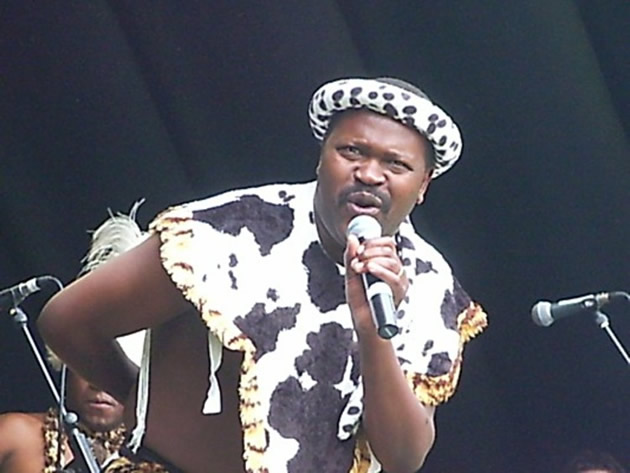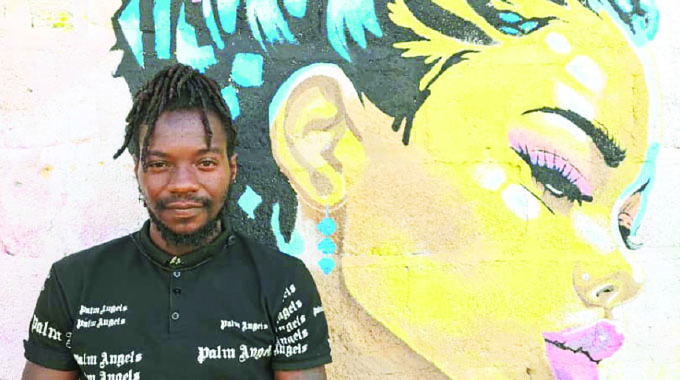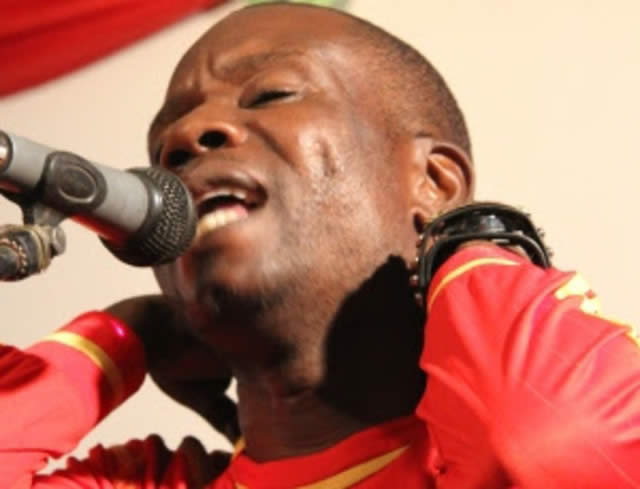Music thieves wreak havoc online

Godwin Muzari Lifestyle Editor
When was the last time you listened to or downloaded music of Leonard Dembo, James Chimombe, Oliver Mtukudzi, Alick Macheso, Andy Brown or Leonard Zhakata on YouTube?
Everyday, music followers log on to the channel to listen to their favourite musicians’ songs or watch their videos. So many accounts on YouTube, mainly run by Zimbabweans are offering such popular music from late great legends and even current hit-makers.
It is an era of technology and all appears fine, but some unscrupulous Internet users are immensely benefiting from dealing with music on various online platforms at the expense of the musicians and their producers.
While YouTube is the most popular platform with local music followers, the unscrupulous dealers also sell music on facilities like iTunes, Amazon and Spotify.
There has been so much concern about street music pirates, but online imposters have, for many years, been milking artistes and some of them could have made huge sums of money by now.
Unlike street pirates that sometimes have to fight running battles with the police, these criminals are making easy money in the comfort of their homes or offices at the expense of creators of the intellectual property.
In addition to general hits that attract different levels of income, some of the popular songs and videos attract adverts.
On average a YouTube channel can receive US$18 per 1 000 advert views.
Videos and songs from popular singers like Tuku, Chimbetu, Macheso and Dembo are accompanied by adverts, which means people running the channels could be smiling to the bank every month.
On Amazon, the pirates make money because the platform has direct product sales. Dembo’s albums cost between US$ 5 and US$16 while Chimbetu’s releases are priced between U$1,30 and US$7.
A couple of years ago, Dembo’s fans had to come to his mother’s rescue by donating foodstuffs when she revealed that she was living in poverty. Someone is making a lot of money from Dembo’s music.
Just imagine how comedians like Lazarus “Gringo” Boora and Charles “Marabha” Merisi had to call for help when they faced tough times in their lives. Go on YouTube and check hits on their productions and subscriptions to channels that offer their comedies.
Yes, in some instances artistes could be blamed for lack of knowledge on how to monetise their projects in this digital era, but theft has no justification.
Zimbabwe Music Rights Association chairperson Albert Nyathi said their organisation is bitter with people that are making money from intellectual property theft online.

Albert Nyathi
“Online piracy is rampant and most people are uploading local music illegally. We are bitter with such a situation. These people should seek permission from creators of the content,” said Nyathi.
“Musicians and filmmakers are losing big time. You will realise that old school music is among popular hits followed by Zimbabweans everywhere in the world. These parasites are making a lot of money,” said Nyathi.
Zhakata said the evil of online piracy has been affecting them for a long time.
“We did not embrace technology on time, but I believe a sincere businessperson should approach the owner of a product if he or she wants to sell it in any form,” said Zhakata.
“We have now opened our YouTube account and we are starting by uploading new music before we can take back all our old songs that have been stolen. Most of our music is making money for other people. I believe we will be able to end this rot when we report these thieves to the sites they are using to sell our music.”
Zhakata said they had identified some of the people that are illegally selling their music online, but the culprits had evaded negotiations and changed accounts.
Contemporary music diva Diana Samkange said online piracy has been going on for a long time and many people have enriched themselves from the illegal trade.
“We could have built houses and bought flashy cars by now if we were not losing a lot of money to these online thieves. It started many years ago when some people identified the technological advantage. While we were busy in studio and on stage, others were busy selling our music on computers,” said Samkange, who is popularly known as Mangwenya.
“I only have one distributor on YouTube, but there are so many accounts with my songs. We are planning to take legal action against the imposters.”
Macheso’s publicist Tich Makahamadze said they were big victims of online pirates.
“We have an official YouTube channel, but some of our songs were pirated before we had the channel. It is a sad scenario affecting many people. I believe we are now in better control of our new products, but people have already made money. Some will continue finding ways to steal the music, but we are doing our best to get income from the projects,” said Makahamadze.
Music producer and singer Mono Mukundu said his album “Zivai Zvekuchema” was pirated on Youtube and the culprit has more views on the platform than the musician himself.
“The guy has more views on YouTube than me. Someone having more views that the owner of the music. That is not fair. It is a bad practice and more musicians are losing out,” said Mukundu.
However, musicians like Jah Prayzah and Winky D have been able to control most of their products as they engage most online channels on their own.
Jah Prayzah’s manager Keen Mushapaidze said they will try to keep abreast with new technology trends to limit exploitation online.
“These guys in the technology sector are always coming up with new ideas to steal our works. We are always on the lookout for new trends and we will try our best to reap the best we can from our products,” said Mushapaidze.
Jah Prayzah is currently the most followed local musician on YouTube with 99 million views.
He is probably getting online tricks and ideas from his Tanzanian friend Diamond Platnumz who reached one billion views last week and became the first musician from sub-Saharan Africa to hit that mark.







Comments